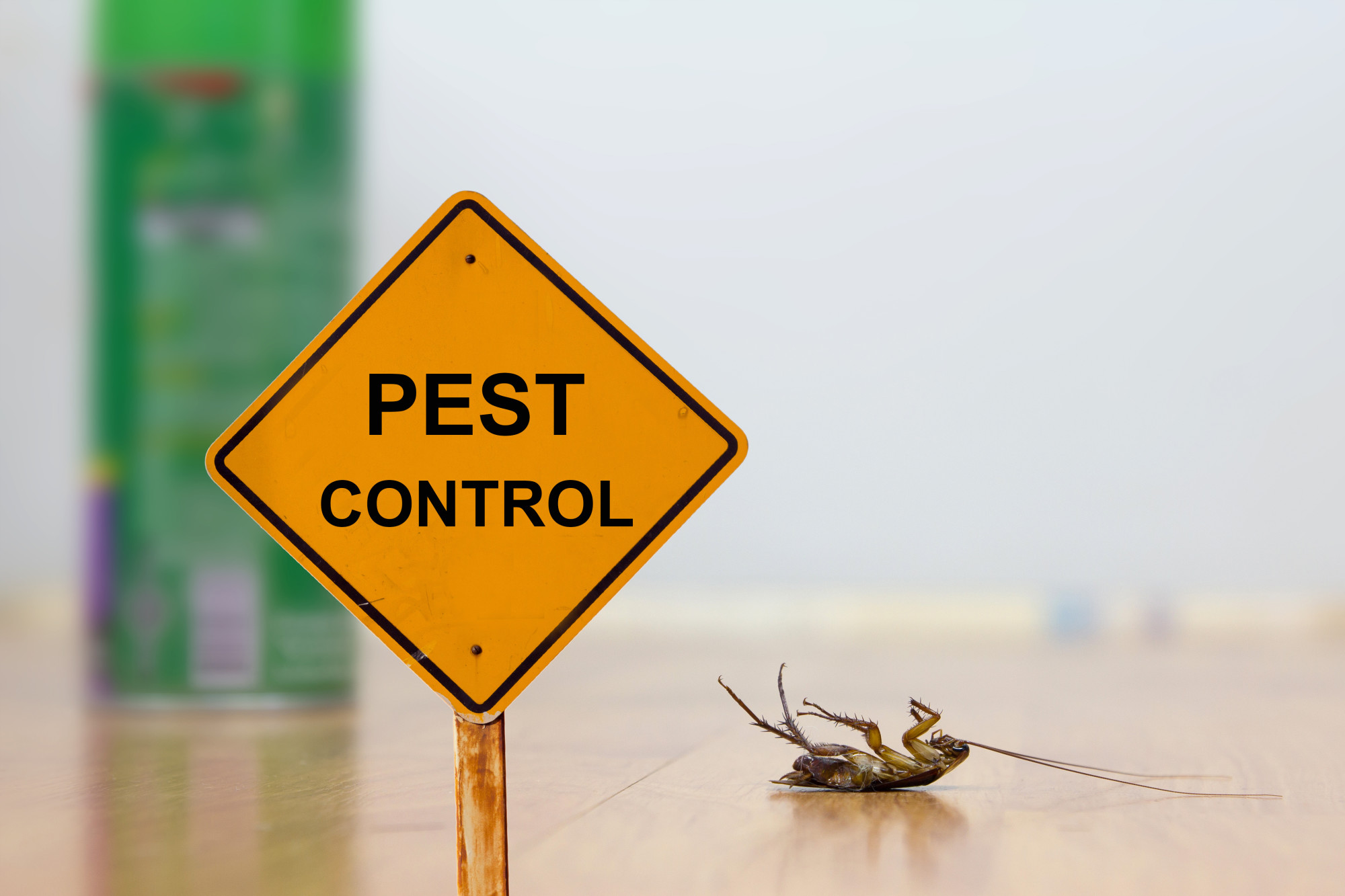Are you managing a business? Chances are, you rely on your computer to complete many tasks and oversee your business. Thus, protecting your computer against viruses and malware is paramount.
Unfortunately, not all businesses can do that. Studies reveal that about 60% of small businesses fold within six months after falling from hacking. Moreover, data breaches can cost businesses up to $3.2 million in losses.
And even if your business recovers, your clients may not trust you with their information.
But how do you protect your computer from malware and viruses effectively? Continue reading below as we give you seven of the most effective tips for protecting your computer.
1. Update Your Software Regularly
One of the best practices for protecting your computer from malware and viruses is by updating your operating system (OS) regularly. This is something you should never take for granted and instead, turn into a habit.
What are software updates important? It is because bugs come out and disrupt your OS every once in a while. But how do these bugs concern viruses?
Hackers exploit these bugs to hack and gain entry into your computer. Hence, Microsoft and Oracle regularly send out updates to fix these bugs. They provide security updates to strengthen your computer’s defense against cyber-attacks.
If your software comes with an automatic updating feature, make sure to turn it on. This will keep you from missing out on any new updates. If you’re on Windows 7 PC, hit the “Start” button then type “update” in the search box.
From there, look for “Windows Update” and click it to enable auto-updating.
2. Invest in Good Anti-Virus Programs
Apart from updating your computer, invest in a reputable anti-virus and anti-malware program. This program does not cost a fortune but the benefits that come with it go a long way.
Anti-virus programs can protect you whether you’re browsing online or using flash disks belonging to other people. These programs detect the presence of viruses. They also block them even before they enter your computer.
Some of the best brands include Sophos, Norton, and BitDefender. But if you’re on a tight budget, you can try the free offerings of Microsoft, AVG, or Avast.
In the same manner, invest in a good anti-malware and anti-spyware program. You can even find reliable programs for free online.
3. Mind What You Click
Do you easily click on links and attachments without cross-checking the sources? If so, then you better kick the habit. With hackers becoming wilier, you need to be more cautious when opening links and attachments in your emails.
The same thing goes when you’re opening links on different social networking sites. The key is to examine the title of the post. If it says something awkward or anything that doesn’t make sense, then that should trigger your “spider-sense.”
Even if the message seemingly comes from one of your friends, don’t open it in haste.
Furthermore, be careful when you download apps. Make sure to download only from trusted sources. Even if you’re downloading apps like Facebook or WhatsApp, make sure to do so using the proper channels.
And in case you’re using a WhatsApp user, visit https://setapp.com/how-to/use-whatsapp-on-mac-productively to learn how to use it productively on your Mac.
4. Use Strong Passwords and Authentications
Another safety measure you should work on is strengthening your passwords. This covers passwords across all accounts that you open using your computer.
The key is to avoid using anything that hackers may easily associate with your person. Examples are your birthday or names. Instead, complicate your passwords by mixing numbers, letters, and symbols.
When it comes to the length of your password, stick to a minimum of eight characters. Moreover, use underscores to separate the words.
Additionally, never use the same password for all your accounts.
On top of strengthening your passwords, you should also do the same for your authentications. Examples include using one-time codes and fingerprints that you will input to access your accounts.
5. Backup, Backup, Backup
Another important aspect of data protection is performing regular backups. If you can’t remember that last time you backed up your computer, then you are at risk of losing your valuable data.
When hackers penetrate your computer and steal your data, you may no longer recover them. Furthermore, unexpected incidents may happen that will lead to data loss. These include fires and floods that may damage your computer.
Also, your old hard drive may decide to die on you one day.
For your backup options, there are three popular choices: cloud storage, online backup, and an external drive. If you wish to use cloud storage, Google Drive is one of the safest or cost-effective options.
It comes with free 5GB of storage, which you can bump up for a certain fee.
6. Use a Firewall
Do you have spyware, malware, and anti-virus programs in place? Great! But take your security to the next level by installing a firewall.
A firewall works by screening incoming network and internet traffic. It protects your computer from unauthorized access. One of the ways hackers try to breach your computer is by sending out pings.
Responding to these pings opens up your computer to hackers. But with a firewall in place, it will keep your computer from responding to these pings. It effectively filters communications and only blocks the ones coming from sources that do not have your permission.
7. Pop-up Blockers Work
Last but not least, you need to put some pop-up blockers. Hackers use pop-up screens as a means to spread malware. Hence, you need to program your software to stop pop-up windows from appearing.
Additionally, avoid clicking links that come inside the pop-up screens.
Go Beyond Protecting Your Computer
Protecting your computer from harmful viruses and hackers is non-negotiable. It is paramount in securing your data and maintaining the trust of your clients. But virus protection and malware protection are only a small part of a bigger picture.
Cover the other bases in your business by checking out our other articles. We discuss tips and tricks that will help take your brand to the next level.

